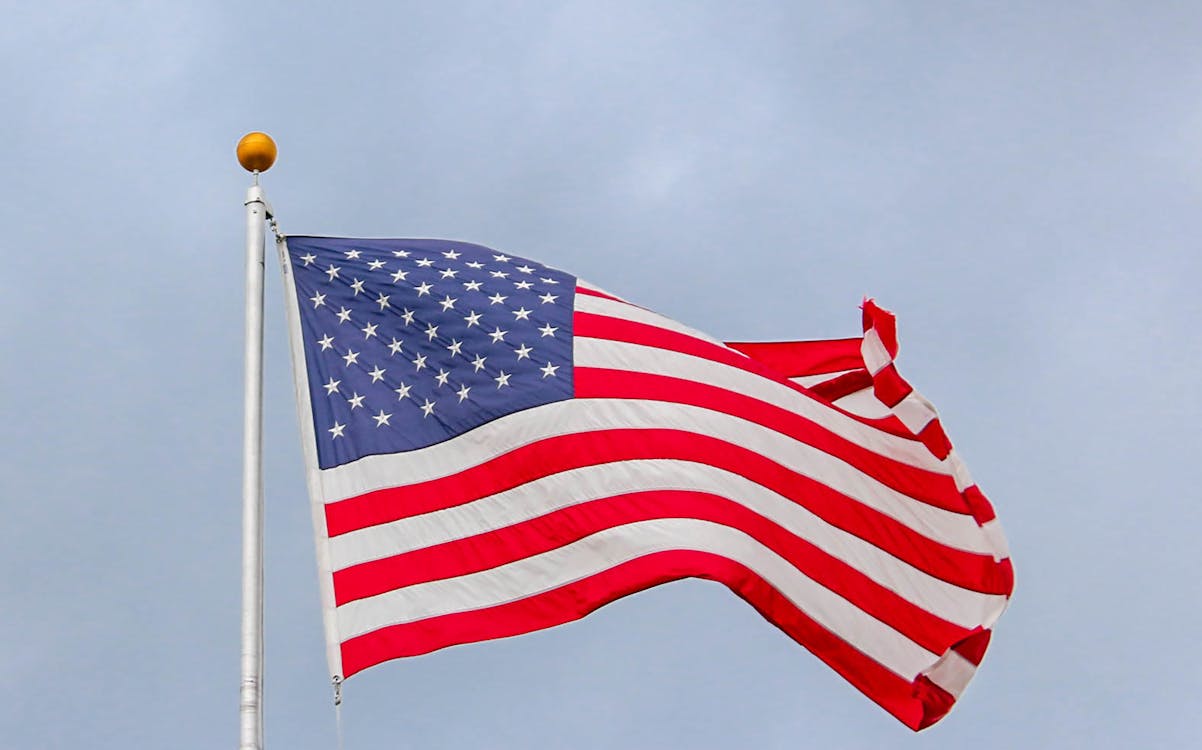
Now that US President Joe Biden is out of the 2024 presidential race, the limelight has been focused on Vice President Kamala Harris to step up and become the Democratic Party’s nominee.
On July 21, the incumbent president officially declared his intention to withdraw from the upcoming presidential election. He also endorsed Vice President Harris as his next-in-line, offering his “full support and endorsement” to unite the Democratic Party and prevent ex-president Donald Trump from returning to the White House.
Harris has answered the challenge, stating “My intention is to earn and win this nomination” in a post on X on the same day.
Following this series of announcements, the vice president’s track record with many tech firms and stance on tech regulations and artificial intelligence (AI) have become the subjects of analysis and intense scrutiny.
Ties with Tech Companies
Before being elected to the second highest position in the U.S., Harris served as a district attorney in San Francisco and later became California’s attorney general.
In 2012, she filed a lawsuit against eBay over a no-poaching agreement with Intuit, culminating in a $14 million settlement after two years in court. Harris also took significant steps in addressing the unconsented distribution of explicit photos and pornography online, forcing social media giants Facebook, Google, Microsoft, and others to take down harmful content.
However, the Oakland-born politician has significant ties to the tech industry. Harris made an appearance at Facebook executive Sean Parker’s wedding in 2013 and has a brother-in-law who works as Uber’s chief legal officer.
Throughout her political career, starting when she ran for a Senate seat and won in 2016, Harris also benefitted from donations from private entities. LinkedIn co-founder Reid Hoffman, venture capitalist (VC) Ron Conway, billionaire John Doerr, Facebook COO Sheryl Sandberg, and Salesforce CEO Marc Benioff are among the big names that backed her candidacy.
Take on Big Tech and AI regulations
Despite the financial support, Harris has been dauntless in criticizing tech executives.
In her Senate stint, she called out various social media platforms for issues caused by misinformation in their networks. As a vice presidential candidate in 2020, Harris also dismissed notions of disbanding Big Tech companies but insisted that they should be “regulated in a way that we can ensure the American consumer can be certain that their privacy is not being compromised.”
Unlike Biden, who advised AI firms to create self-regulation measures, Harris has been consistently outspoken in pushing for stronger AI regulations.
“As history has shown, in the absence of regulation and strong government oversight, some technology companies choose to prioritize profit over the well-being of their customers, the safety of our communities, and the stability of our democracies,” she said at the AI Safety Summit held in the UK in November 2023.
Harris has also rejected the “false choice that suggests we can either protect the public or advance innovation,” believing that AI regulations could encourage innovation while ensuring privacy and safety.
This position has left many VCs and prominent figures, such as Tesla CEO Elon Musk, worried about potential AI overregulation, which has led them to show support for Donald Trump in the upcoming election.
Though Trump and his allies are yet to propose official policies in favor of tech companies, reports say that the former president has heard about the need for more energy to power AI development and match China’s large supply.
Further, an executive order is said to be in the works, which would allow a series of “Manhattan Projects” to improve military technology and update current regulations if necessary.
There are also plans associated with the Republican Party that aim to repeal Biden’s AI executive order, which requires AI companies to share safety test results and other important information with the government before releasing their models to the public.

![10 Best Ethereum Gambling Sites for [current_date format='Y'] 3 ethereum gambling sites](https://www.greenbot.com/wp-content/uploads/2025/03/ethereum-gambling-sites-150x150.png)
















